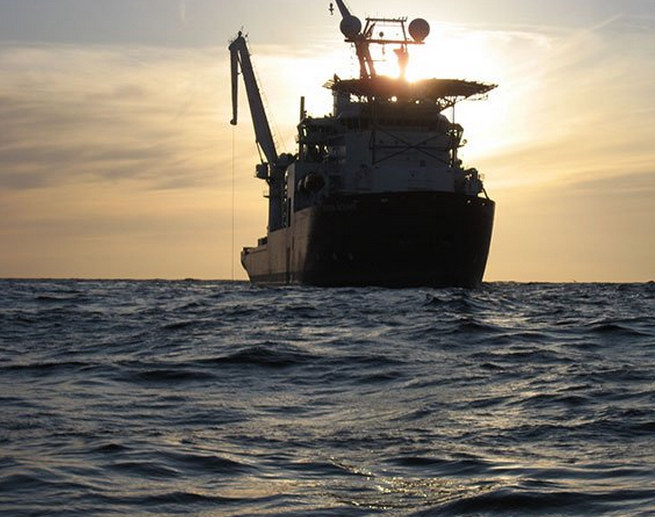
Women working offshore are being forced to dispose of tampons in plastic tubs due to a lack of bins provided by North Sea vessel firms.
Swire Pacific Offshore, Subsea 7 and Royal Boskalis have all received criticism for a lack of clear company policy on the issue – often leaving female staff with no designated place to discard sanitary products.
On one occasion, Aberdeen-based Swire Pacific Offshore North Sea handed a female worker a plastic box and a plastic bag as a substitute sanitary bin.
And on another occasion a woman was told by a male captain on a Subsea 7 vessel to find the only other female onboard and “ask what she does”.
UK operating companies are legally obliged to provide appropriate bins.
RMT regional organiser Jake Molloy said he was “staggered at the way women continue to be treated by an industry that claims it is trying hard to address the gender imbalance”.
He added that the industry cannot continue to treat women off shore as “non-entities”.
Last night, Swire Pacific Offshore admitted the firm did not have “a specific policy for the disposal of female sanitary products”, but said it was “currently reviewing” its waste disposal procedures.
Subsea 7 claimed it does provide “all necessary” facilities, including “sanitary disposal receptacles”, on its vessels.
Royal Boskalis did not respond when questioned.
One female offshore worker, who did not want to be named, said she has made numerous attempts to raise the issue on a number of vessels, with varying levels of success.
She claimed that with no company policy in place, change is only being implemented on a vessel-by-vessel basis – and only if a woman raises the issue herself.
She said: “There should be an existing company-wide approach, not a makeshift effort on individual boats.
“Maybe because historically it’s been such a male-oriented industry it just doesn’t occur to onshore folk that it needs to be covered, but it does.
“I don’t believe I am doing anything wrong trying to highlight the issue and to be honest with you it has annoyed me a lot over the years. I’m yet to work on a vessel with any clear policy.”
The International Marine Contractors Association described the situation as a “regulatory issue”, adding all national laws and regulations should be followed.